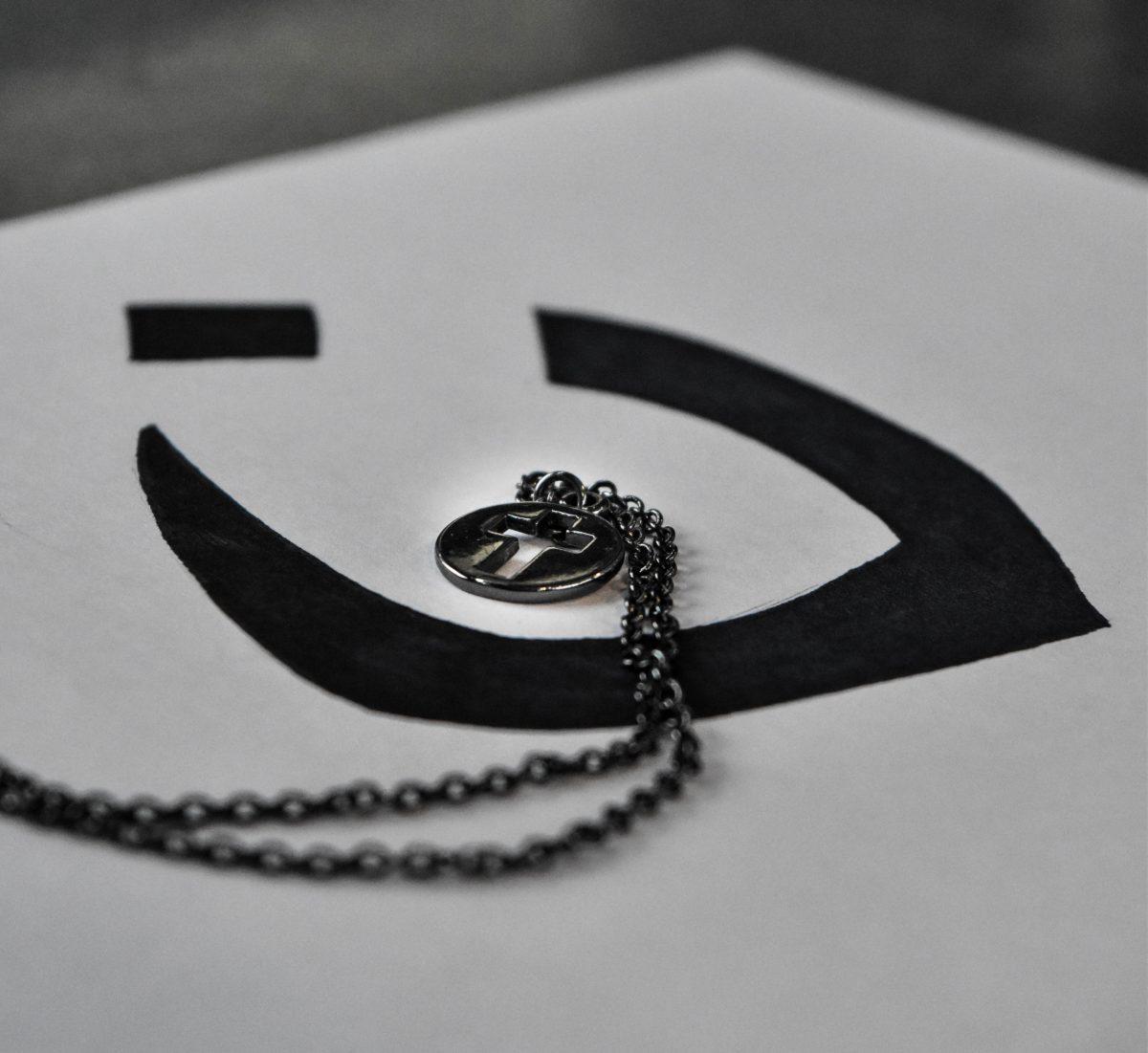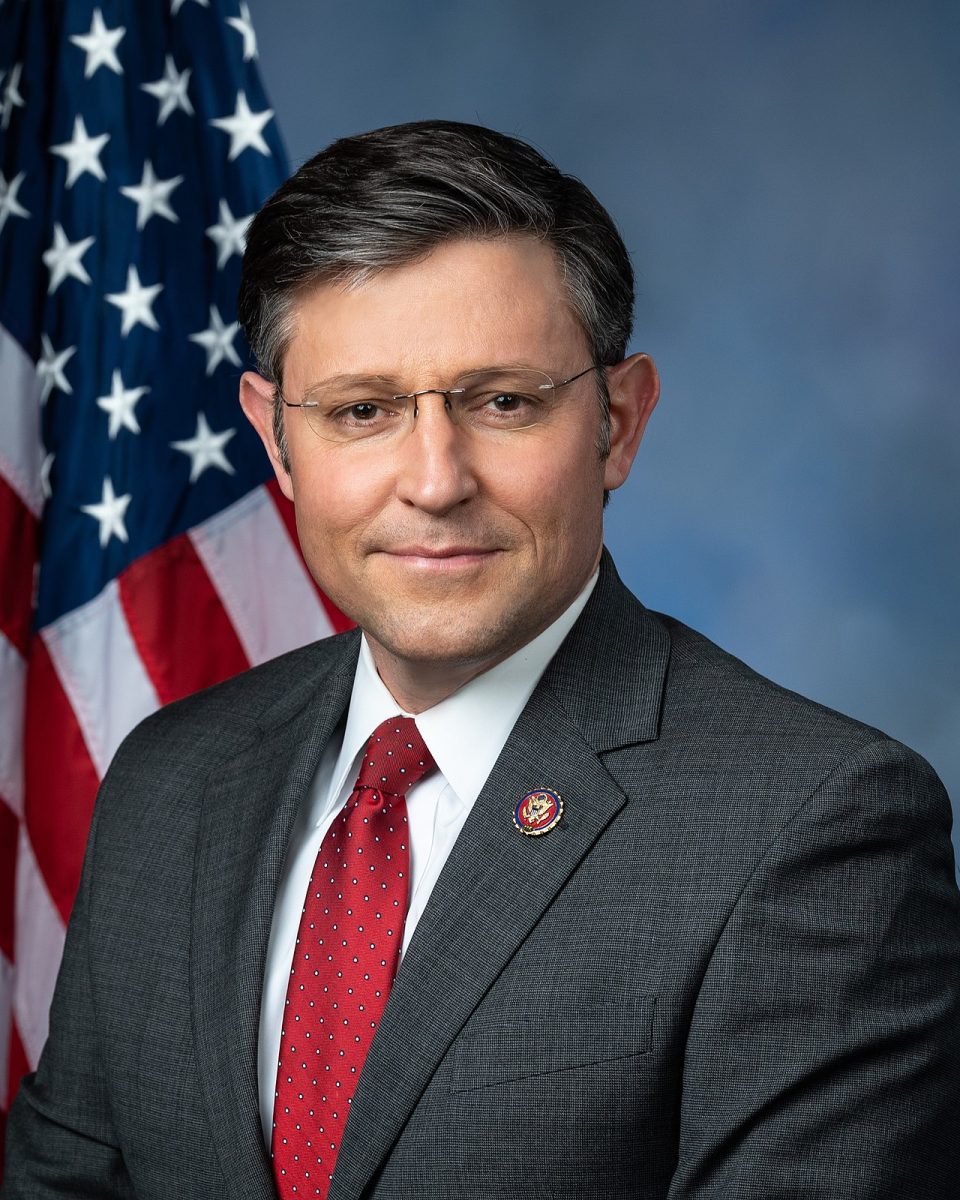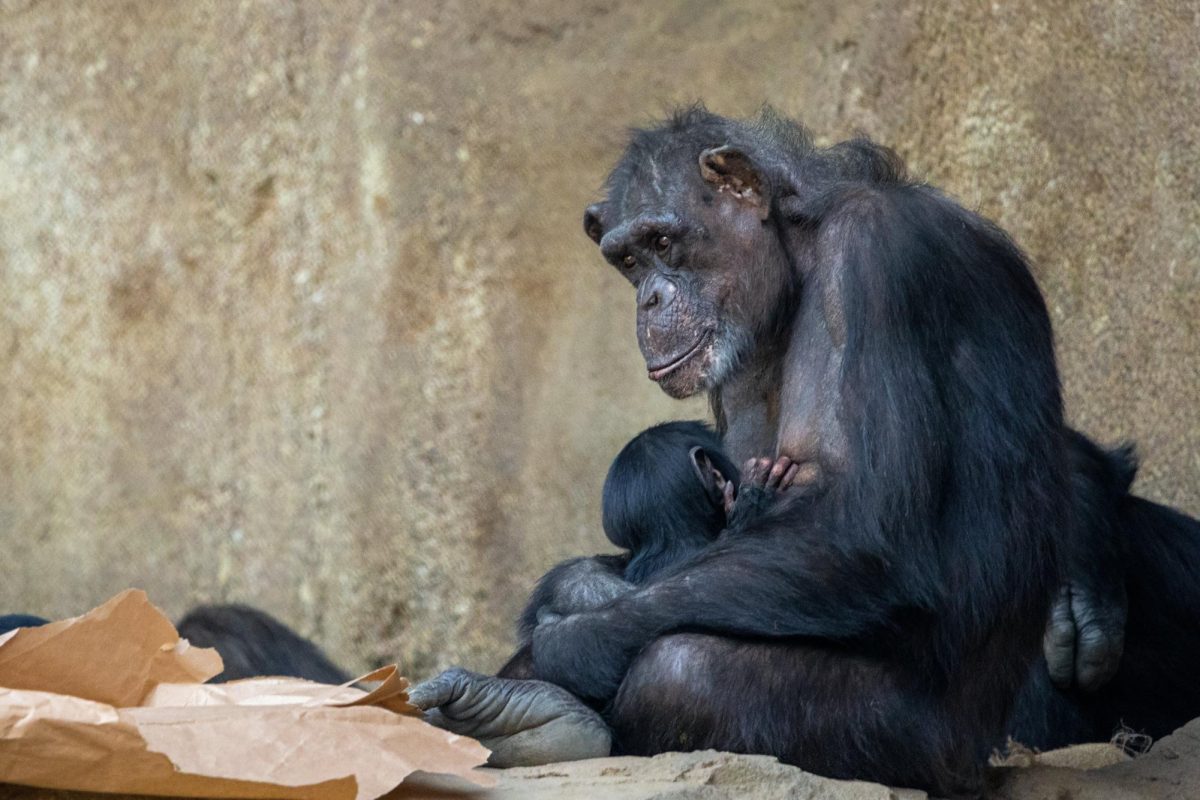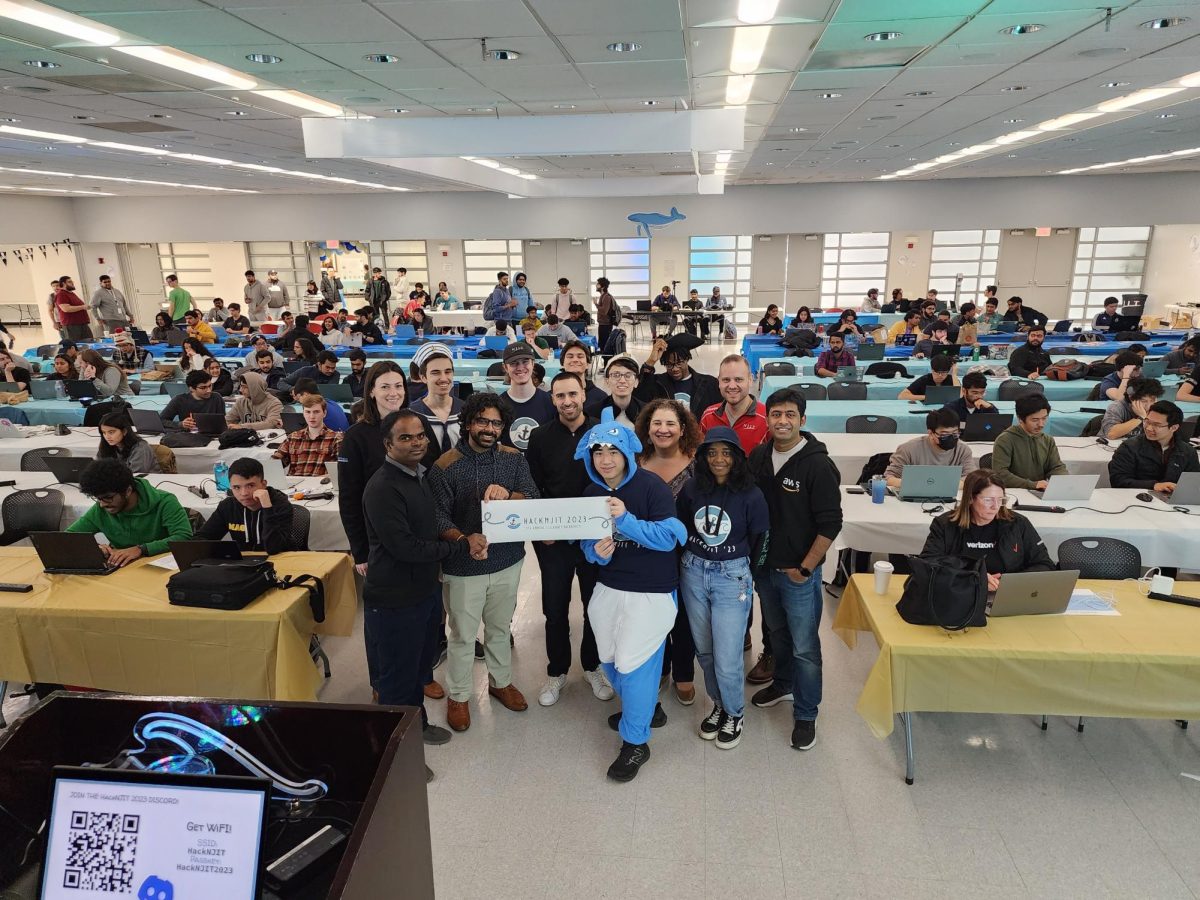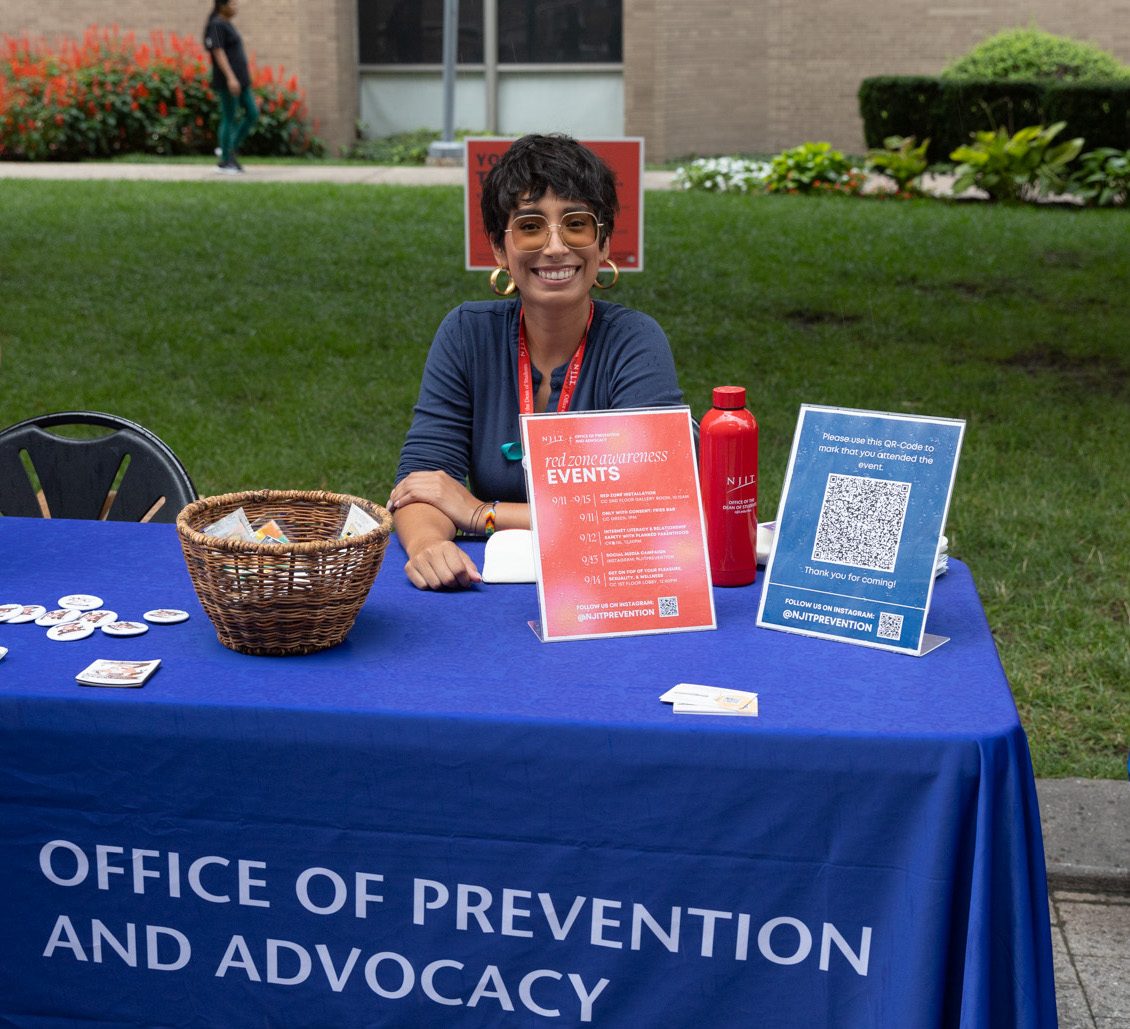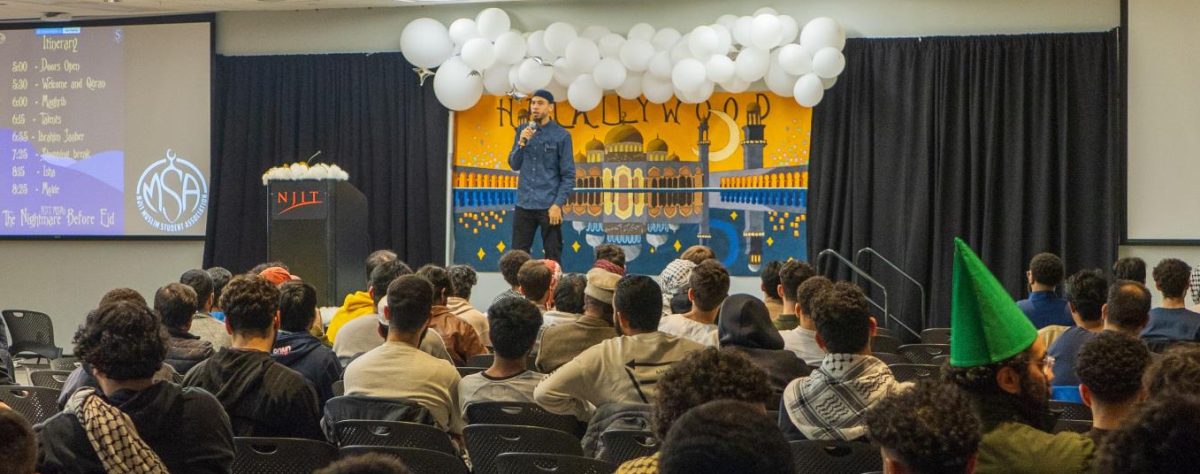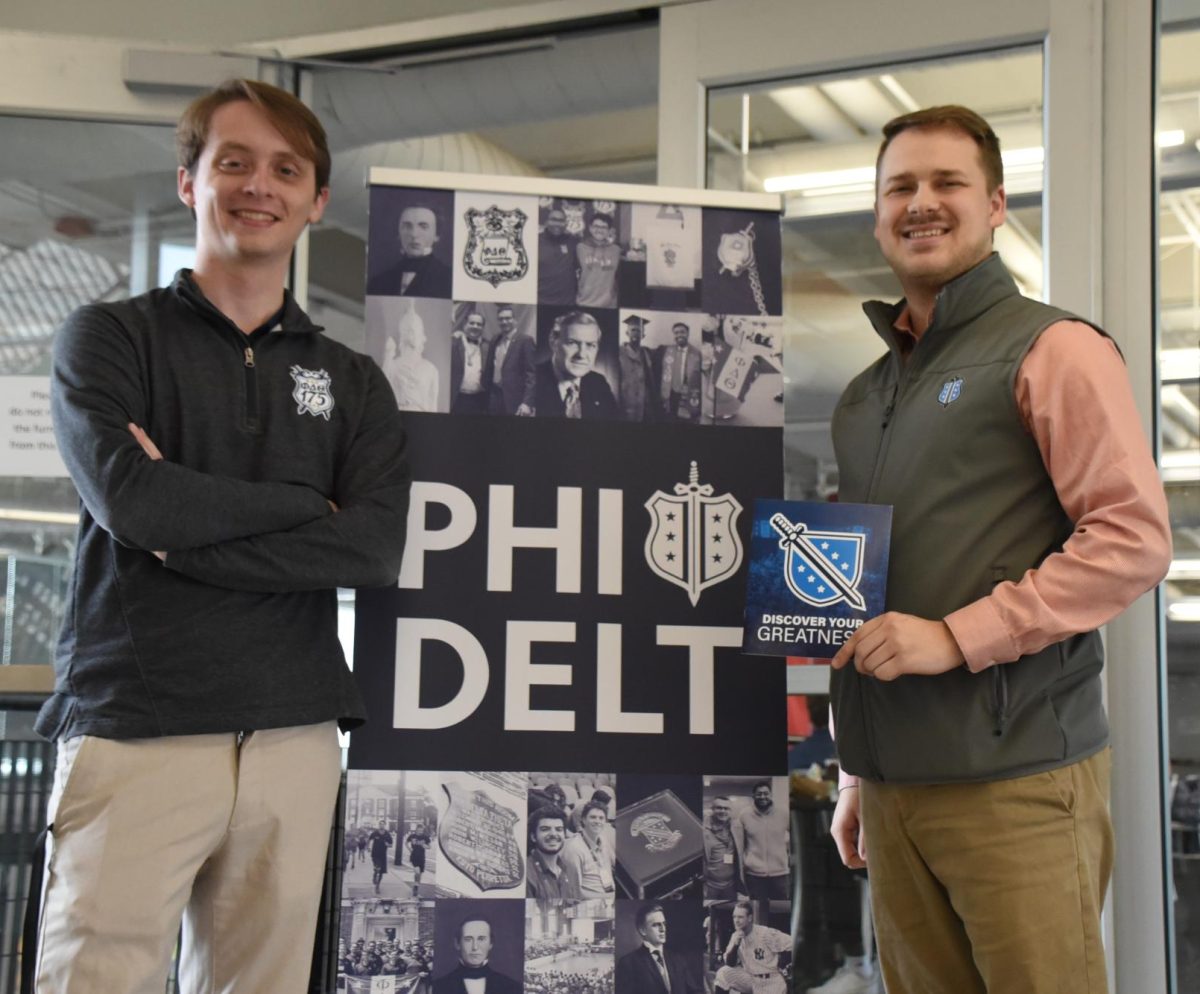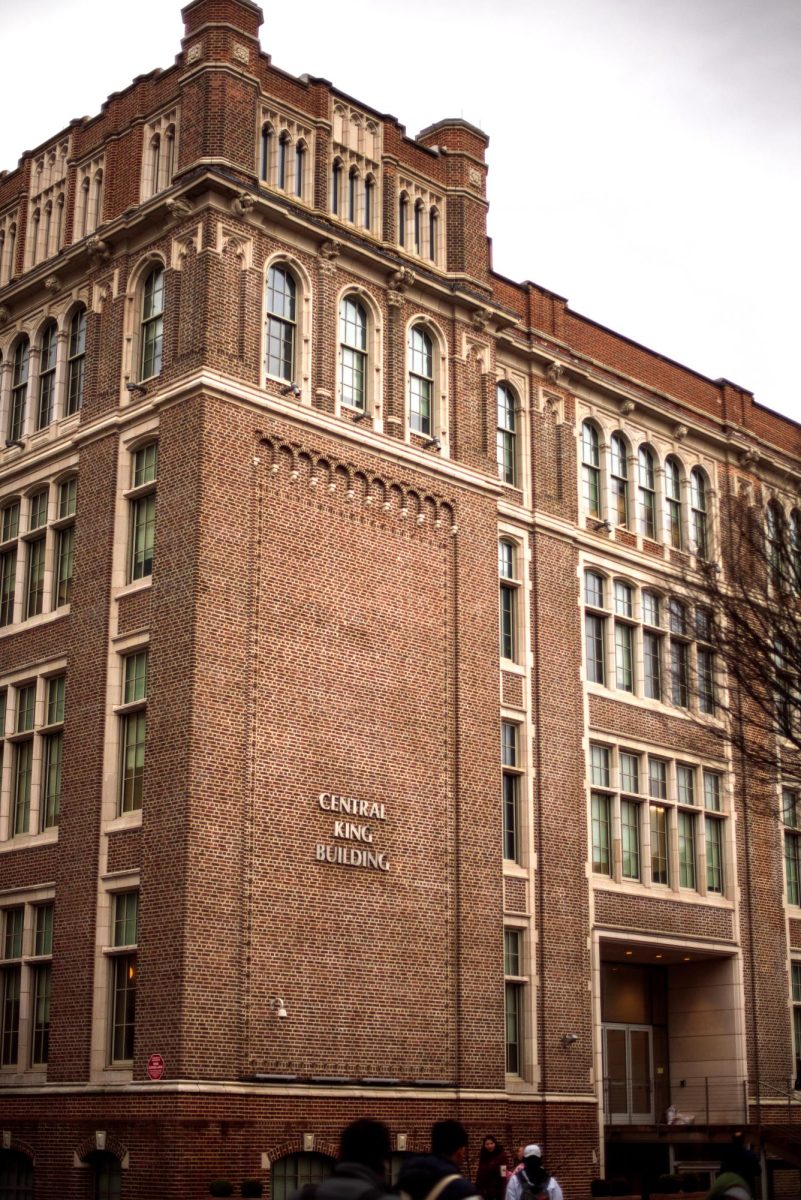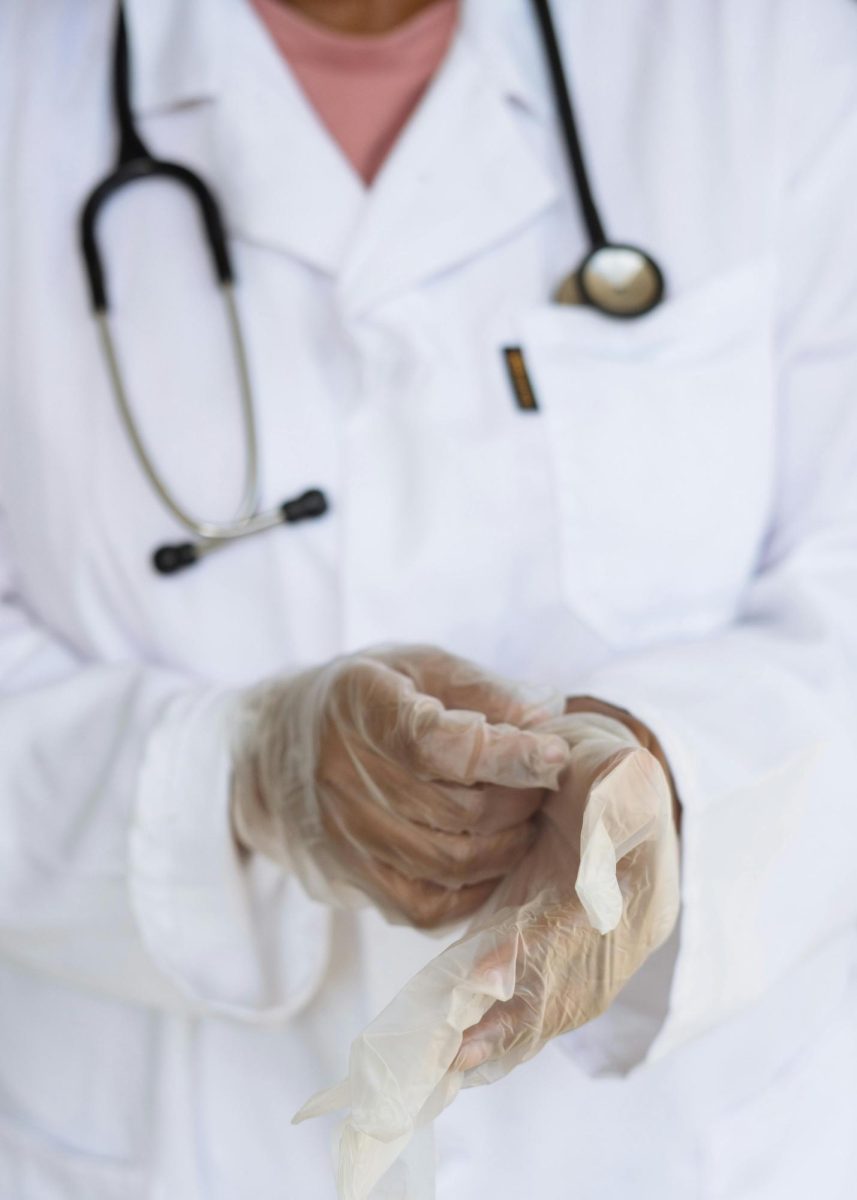On Sunday, December 11, 2016, an attack took place on St. Peter and St Paul’s Church, adjacent to the Coptic Orthodox Church headquarters. The explosion occurred shortly before 10:00 a.m. local time, during the Sunday mass. Twenty-four people were killed and over fifty were seriously injured.
The Coptic Church has existed for over two thousand years in Egypt, and today is the largest Christian church in the Middle East, with over 13 million members. Despite the fact that Christians are a minority in Egypt, only making up 10 to 15 percent of the population, the church has continued to thrive in the face of persecution.
Nearly six years ago, there was an attack on the al-Qiddissin (Saints) Church in Alexandria when a car bomb went off, taking the lives of 23 people. In 2013, over 50 churches were burned after the dissipation of the Rabaa Al-Adaweya protest. During February of last year, 21 Egyptian Christians were martyred in Libya at the hands of ISIS. Persecution is not new to the Coptic Church; aggression towards it has not ceased for many centuries.
The 12.5-kilogram explosive detonated in one corner of St. Peter and St. Paul’s chapel, a.k.a. “al-Botrossiya,” which is part of the larger Cathedral of St. Mark. One anonymous source said, “There was heavy smoke coming from inside the building… there was screaming and body parts everywhere” (Daily News Egypt)
As seen in the many photographs and videos, the aftermath was quite graphic. Blood was found on the walls, on books, on pews. The majority of the victims were women and young children. The wounded and dead were taken to several local hospitals. Furthermore, the church, which is over 105 years old, also suffered significant structural damage.
In response to this tragedy, Egyptian President Abdel Fattah Al-Sisi condemned the act of violence and declared a national three-day mourning period. Despite Sunday being the birthday of the Islamic prophet Muhammed, all of the previously planned celebrations were cancelled. Additionally, Al-Sisi pledged to find the perpetrator(s) and punish them.
On Monday, the president said that a suicide bomber was responsible for this act of terrorism. The bomber was 22-year-old Mahmoud Shafiq Mohammed Mustafa. His body was the 25th one discovered among those of the victims. In addition, four others were arrested as part of the investigation, and two suspects are on the run.
As of now, no group has claimed responsibility for this attack, despite the prevalence of militant Islamic groups in Egypt. Unease has continued to exist, which was evident in Sunday’s protests that took place outside of the cathedral shortly after the attack, in which protesters “called on the state to hold accountable security officials that were derelict in their duties” (Daily News Egypt).
When Minister of Interior Magdy Abdel Ghaffar and Prime Minister Sherif Ismail tried to visit the scene of the destruction, they were barred by protestors from entering. This unrest stems from the lack of security Copts feel they have, especially in a place of worship during a liturgical service.
Coptic Orthodox Pope Tawadros II sympathizes with the families of those killed in the attack. Although at the time, he was out of the country for a papal visit to Greece, he immediately cut his trip short to return to Egypt. Additionally, he led a funeral procession on Monday for the victims, which took place in the Church of the Virgin Mary in Nasr City, Cairo. Only the families of the deceased were allowed to attend, but many others outside tried to enter the church and chanted “the blood of our brothers is dear.”
Several hundred people made up this demonstration, which resonated with the grief and anger that Coptic Christians have in response to this act of violence. Additionally, a state funeral also took place, which was attended by President Al-Sisi.
Several figures have responded to this event. For example, Egypt’s most powerful Islamic authority Al-Azhar condemned the attack and declared that the targeting of houses of worship and the killing of innocents are “criminal acts that violate Islamic principles” (Ahram). Other countries have condemned the attack on the Coptic Church, like Saudi Arabia and Israel. In America, the State Department and the U.N. Security Council have condemned this act of terrorism.
The response of Coptic Christians in America and elsewhere in the world has been overwhelming. Many have shown their solidarity, especially through the use of social media. Furthermore, many non-Copts have stood beside Coptic Christians, offering their support and comfort during this difficult time.
























